With the Aim of Evaluating Capacities for Internationalization;
The MFA Director-General of West Asia and North Africa Visited Information and Communication Technology Park
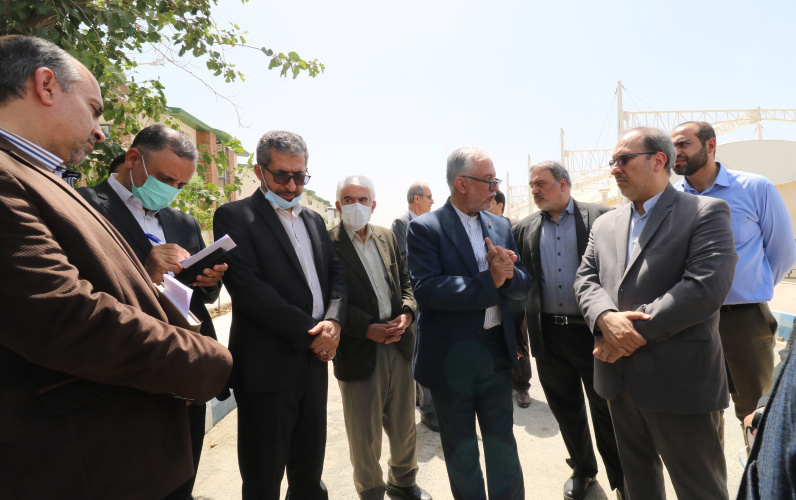
“ICT Park is one of the main poles of science and technology development in Alborz province where the motto is “Alborz, the Province of Science and Technology,” said Dr. Mohammad Jafar Sadigh Damghanizadeh, the President of Information and Communication Technology Park, at the beginning of the meeting. “Besides launching software operations in 22 provinces, which support research activities in provincial parks, ICT Park has numerous branches in Alborz, Semnan, Mashhad and Sari (the latter is still under construction),” he continued, referring to ICT Park as a national and international park concerning its Articles of Association.
Elaborating on a survey of “profits” during the last 60 to 70 years, he noted that in the 40s and 50s of the previous century, “production” was considered the main source of profit and only a small part of the profit gained was associated with “innovation” and “sales and marketing”. Around 1970s and 1980s, the value of production declined, whereas that of innovation, sales and marketing progressed. From the 90s onwards, production profits declined significantly and innovation and marketing were known as the main sources of profit. In other words, in today's world, “digital economy” and “ICT” will lead to incremental profits. Actually, ICT is capable of salvaging the country’s economy from stagnation and mobilizing it. In other words, if the government is intent on investing in a revenue-generating field in the coming years, the best option is ICT.
While mentioning and introducing the other parks around the world, Dr. Sadigh Damghanizadeh said that the great mission of ICT Park is providing economic development and technology deepening for the associated companies with the aim of increasing their competitiveness: “Hence, in this regard, the parks could be considered as the new generation of research institutes in which instead of civil servants, the researchers work in the private sector and pursue their studies. In other words, the outcome of the parks’ proper operations will be economic development based on technology development, playing a significant role in the localization of technology and completing the value chain, as well as increasing the number and size of the associated companies and their reliance on local technologies,” he added.
He stated that the most important difference between ICT Park and other technology parks relies in the “functionality of ICT Park”, saying, “Other parks merely deal with market demands; however, ICT Park is responsible for producing and supplying goods for the market. In other words, ICT Park mainly hosts developed companies with significant products; hence, it is not a start-up park,” he clarified.
The President of ICT Park described the Park’s mission as “helping the growth of newly-fledged companies in the field of ICT for becoming developed companies, expanding Iran’s international interactions in ICT industry, engaging the academic elites and reversing the process of human capital flight, and networking Iranian development centers and connecting the developed companies of these development centers to the market.”
The Adviser to the Minister and the President of ICT Park considered “propulsive projects”, “operational plans”, “laboratories and equipment”, “periodic evaluation and control of the indexes”, and “the services” as the main elements of the Information and Communication Technology Park. “Exporting cultural and artistic data, providing cloud services and exporting these services to the countries in the region, applying IoT in food safety issues, managing water consumption and smart cities, creating proper infrastructures for open access operating system and expanding its application in Iran and other Persian-speaking countries in the region, localizing hardware technologies required in ICT industry and the national smart logistics network (cargo transportation by UAV and IOV are among the propulsion projects of ICT Park,” clarified Dr. Sedigh Damghanizadeh.
“This year, ICT Park should increase its activity in internationalization; the increase in international activities leads to the introduction of the products to the overseas market, prevents brain drain and creates a network of parks and growth centers,” he noted in the end.
Emphasizing the importance of the role of upstream institutions, including the Ministry of Foreign Affairs, he noted that all the Park’s activities regarding internationalization proceed under the guidelines of that Ministry as well as the Ministry of Communications and Information Technology; hence, ICT Park demands these institutions to provide support and consultation to pursue its activities concerning internationalization.
Then, expressing appreciation for the presentation on ICT Park, Mohammad Sadegh Fazli, the Director-General of West Asia and North Africa in Iran’s Ministry of Foreign Affairs, introduced his accompanying delegation, noting that the diplomats present in the meeting were active in national or international areas.
According to Mr. Fazli, despite the hesitations, Iran has already taken notable measures to reach growth and economization; hence, the Iranian experts are capable of providing outcomes compatible with international standards. The Ministry of Foreign Affairs is as well, ready to provide them with opportunities to enter different regional and international fields.
The Director-General of West Asia and North Africa in the Ministry of Foreign Affairs besides offering cooperation and companionship for introducing ICT Park through the tribunes of the Ministry of Foreign Affairs regarding specialized and general audiences, suggested that multiple measures are to be taken by all national institutions and organization for this aim of internationalization, including “Developing a Brand Narrative”, “Brand Building”, “Exploring Joint Activities” and “Identifying the Needs”.
In the end, he noted that “Food security”, “Environment” and similar concerns are among the crucial issues on which ICT Park has focused; hence, we need to consider establishing similar centers like ICT Park in the target countries as an important task in our agenda in order for them to feel the growth and progress in a tangible way. “The Ministry of Foreign Affairs can provide assistance to the Information and Communication Technology Park by proceeding with such activities,” he concluded.
Following the course of this meeting, Dr. Abbas Ghanbari Baghestan, Communication and International Affairs Advisor of ICT Park, welcomed the Director-General of West Asia and North Africa of the Ministry of Foreign Affairs and the accompanying delegation, presenting a detailed report on ICT Park's interactions with different countries during the last one year.
Confirming the importance of pursuing the international representation of ICT Park, Dr. Ghanbari Baghestan added that aiming the way of internationalization, ICT Park’s management team doesn’t simply seek to sign MoUs; on the other hand, it mainly intends to conduct operational and remarkable activities: “So far, ICT Park has held several meetings and has hosted numerous visits by different countries, including Ghana, Tunisia, Mali, Senegal and Nigeria. It is remarkable that the opportunity for signing the intended MoUs with each of these countries has been gained in the initial meetings; however, ICT Park aims for operational activities and practical action plans,” he explained.
“After the visit paid by international delegations and following their reports to their respective countries, Mali’s Minister of Digital Economy submitted a list of their country’s infrastructural requirements and reached out for ICT Park’s assistance to develop digital economy in Mali. Consequently, Mali’s Minister of Science and Research travelled to Iran and during his visit, he invited ICT Park to establish the first university technology park in Mali. Accordingly, what is primarily important for ICT Park in these interactions, is to introduce our Park and our capacities to interregional and international associates, and secondly to assist them in our fields of specialty, including the application of I.C.T. technology in agriculture, digital content production, and similar areas, and, finally, to pave the way for our technology companies to enter these target countries,” he clarified.
He mentioned that the axis of all international activities and interactions is “information and data”: “Due to the importance of information and data, ICT Park has launched its three-lingual website and all ICT Park’s activities in its three branches, including the introduction of products, calls, newsletters, and other relevant concerns are published in Persian, English and Arabic. Additionally, a multilingual platform is available on ICT Park’s website for our interested audiences to take a virtual tour in order to get familiar with the different parts of ICT Park. Also, many different video clips have been produced primarily concerning the Park’s policies which are available in the multimedia section of ICT Park,” he said.
In the end, Dr. Ghanbari Baghestan demanded the establishment of communication between ICT Park and the commercial and economic advisers in the embassies of West Asia and North Africa: “Besides, the required support for internationalization of ICT Park can be provided in case of creating the potential links with the embassies of the countries in West Asia and North Africa in Iran and paving the way for the ambassadors of those countries to visit ICT Park’s Alborz and Mashhad branches since it has been proved that the feedback submitted by the ambassadors to their countries after their visits to ICT Park has appeared to be sufficiently effective,” he concluded.
It should be noted that at the end of this meeting, a question and answer session was held between the officials of ICT Park and the visiting delegation from the General Directorate of West Asia and North Africa in the Ministry of Foreign Affairs regarding the continuation of the future interactions between the two parties while communicating practical proposals to improve the scales of this cooperation.
It needs to be said that before the beginning of this meeting, the Director-General of West Asia and North Africa in the Ministry of Foreign Affairs, visited different sections of ICT Park, including ICT Park’s Smart Greenhouse, the Park’s central wastewater treatment house, the Park’s multipurpose halls and also several technology companies present in the Park.
In this meeting, Mr. Babaei, the Head of the first department (Palestine and Jordan); Mr. Shahhosseini, the Head of the second department (Syria and Lebanon); Mr. Ghomeshi, the Head of the third department (Libya, Algeria, Tunisia, the West, and Mauritania); Mr. Abu, the Head of the fourth department (Egypt, Sudan, Arab Union) and also 22 political and economic experts accompanied Mr. Fazli, the Director-General of West Asia and North Africa in the Ministry of Foreign Affairs.
Moreover, besides Dr. Mohammad Jafar Sadigh Damghanizadeh, the Advisor to the Minister and the President of ICT Park, and Dr. Abbas Ghanbari Baghestan, Communication and International Affairs Advisor of ICT Park; Dr. Hafizi, Deputy President for Executive and Administrative Affairs of ICT Park; Eng. Yazdanpanah, Deputy President for Technology Development of ICT Park, and Eng. Jafari, Deputy President for Market Development of ICT Park were also present in this meeting.

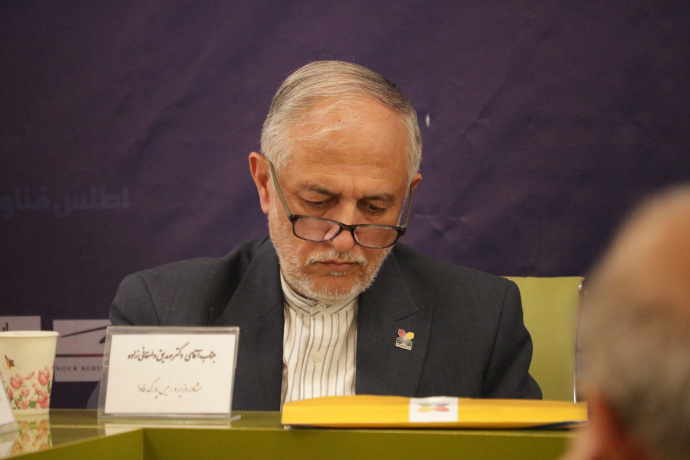
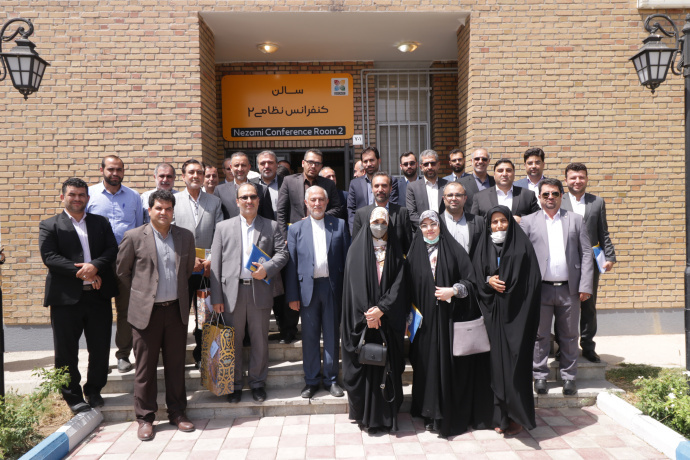
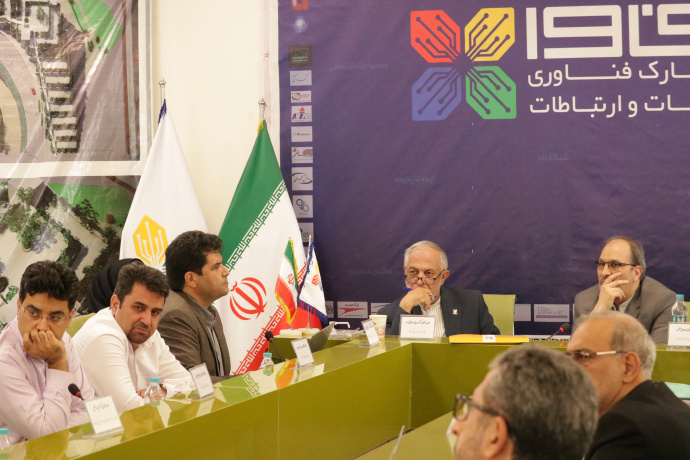
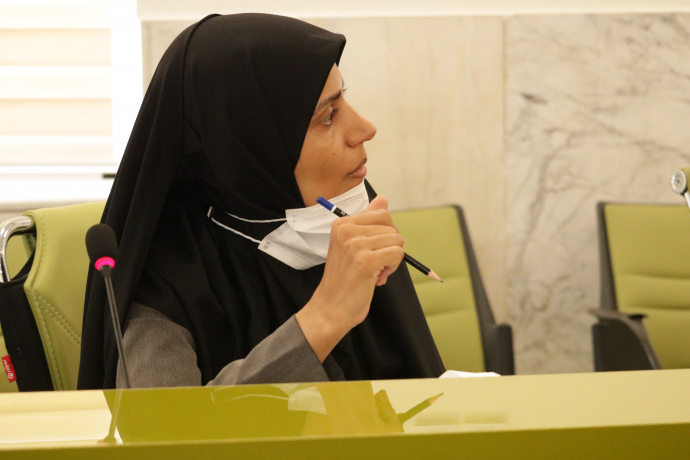
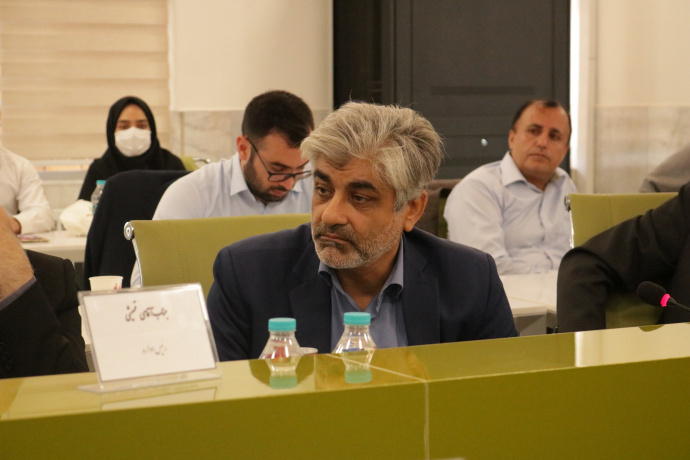
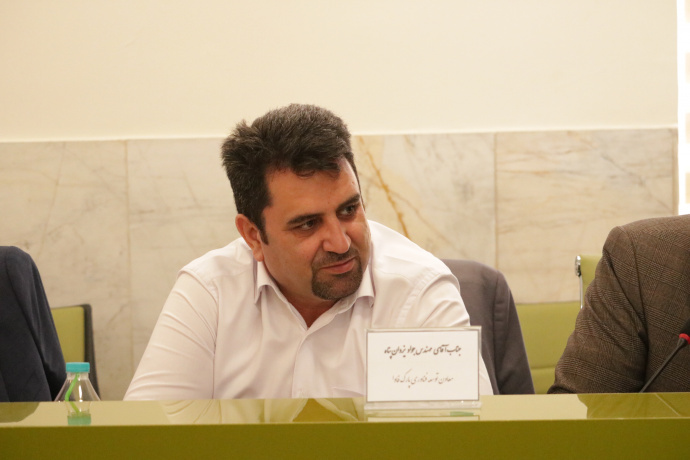
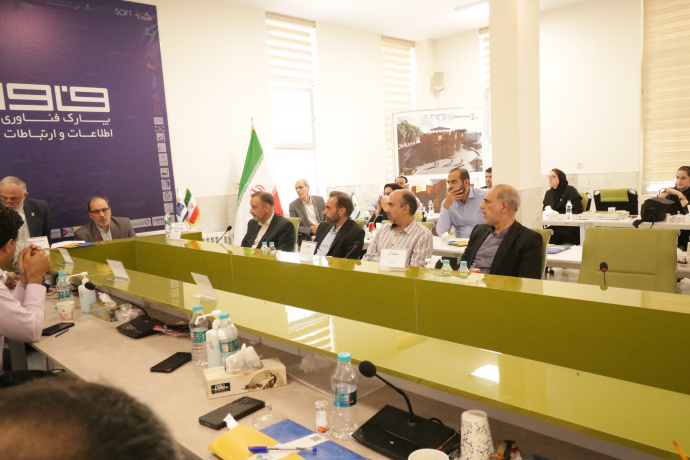
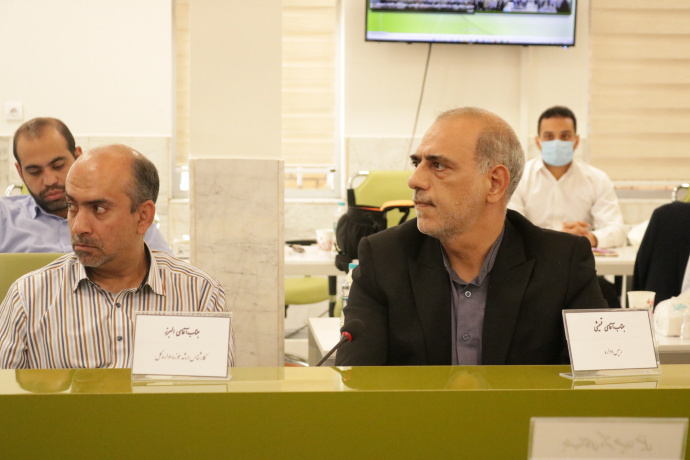
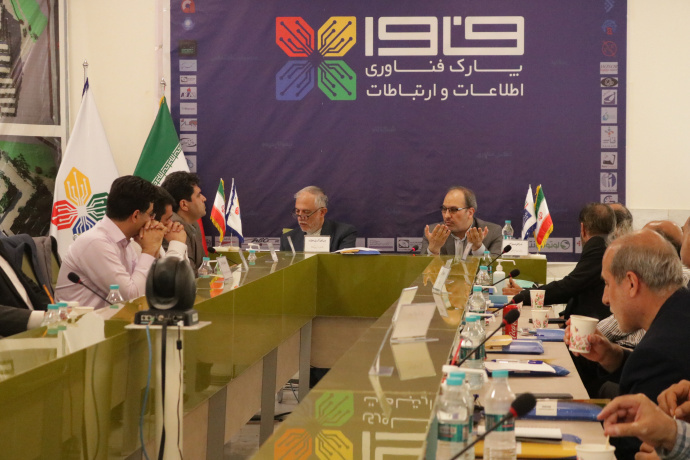
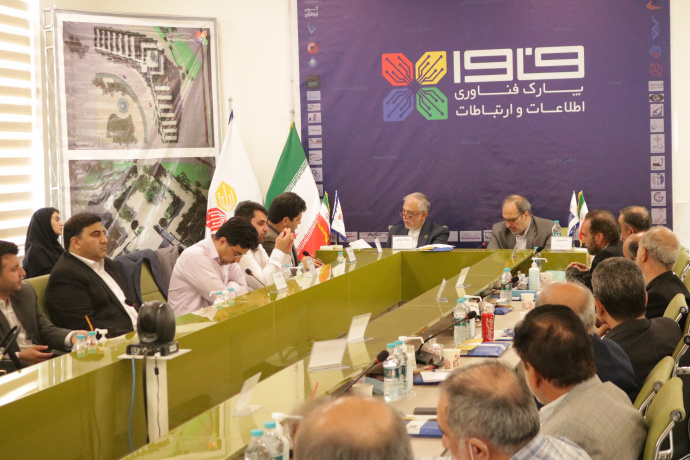
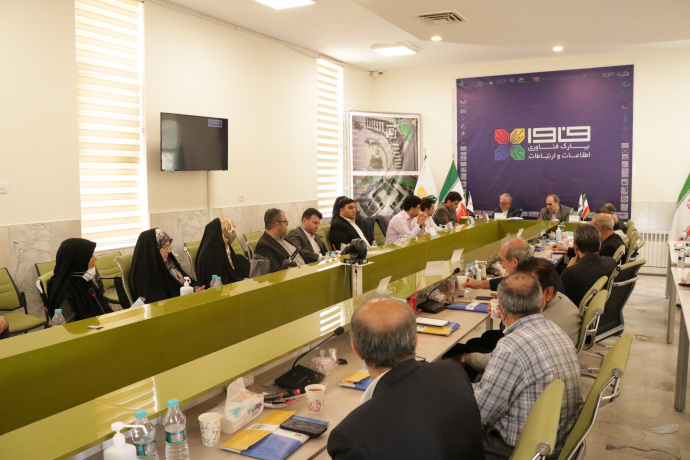
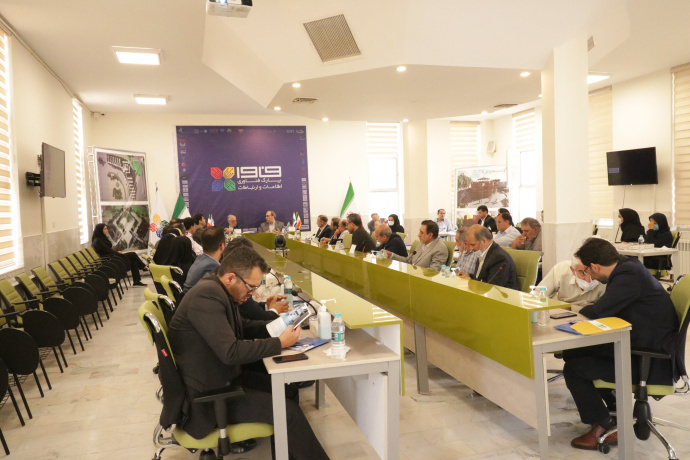
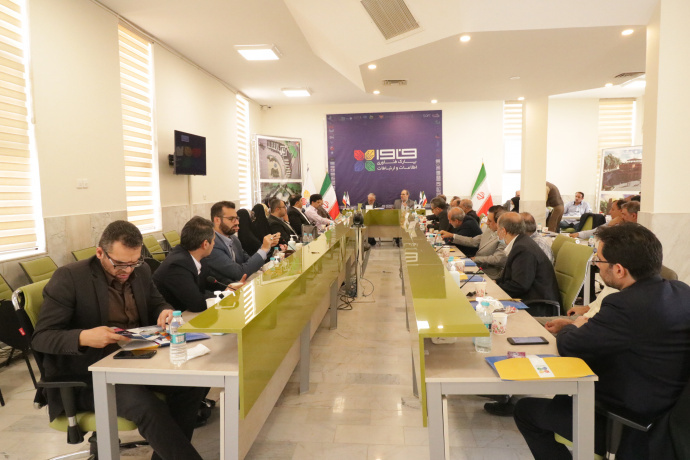
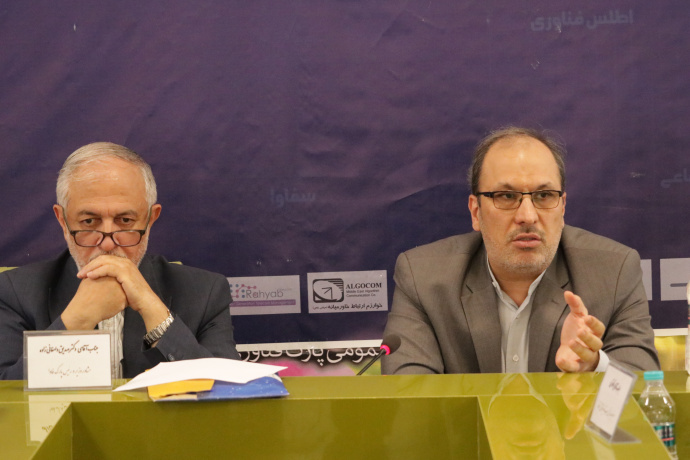
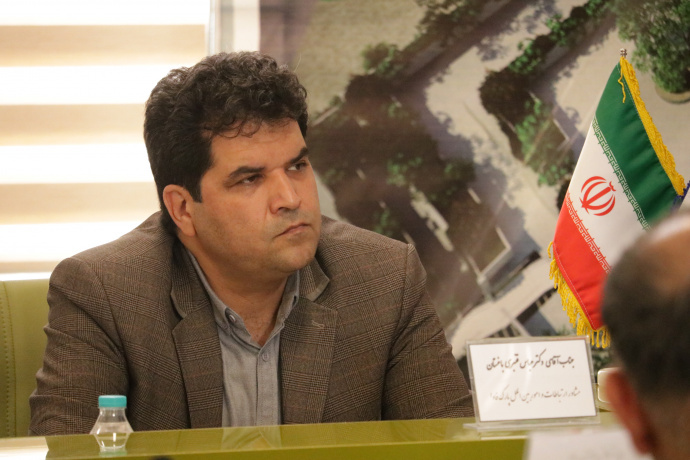
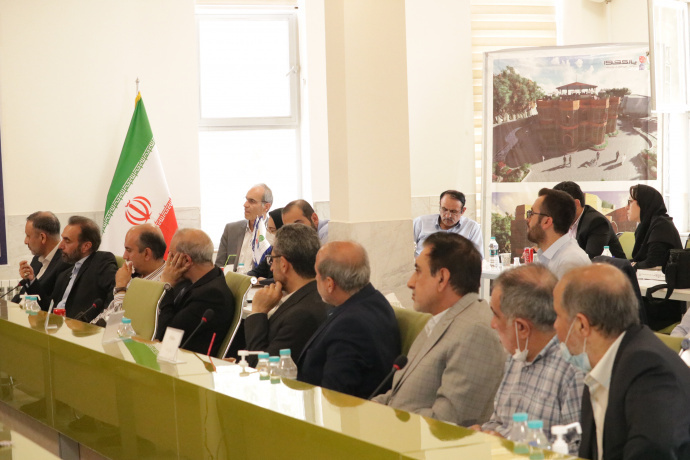
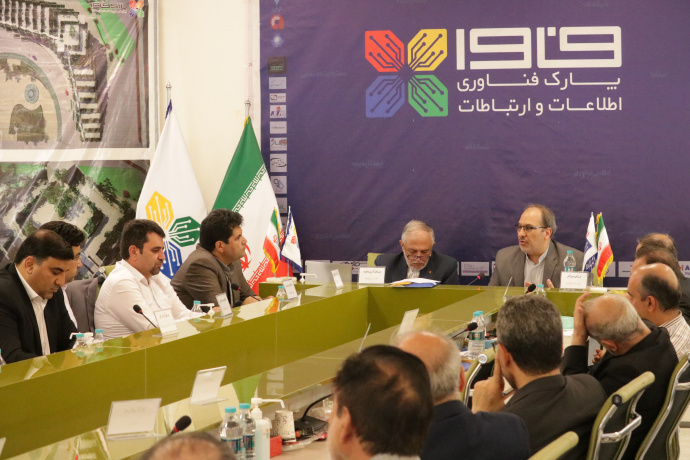
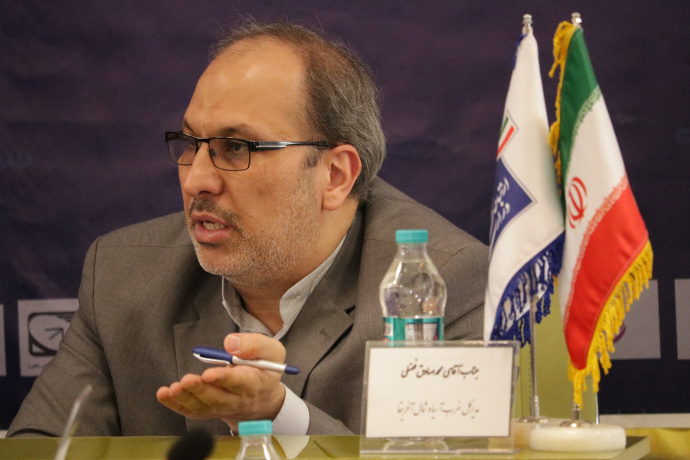
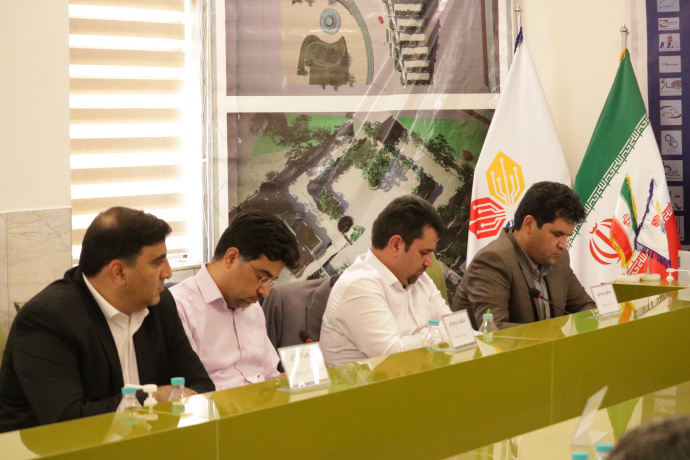
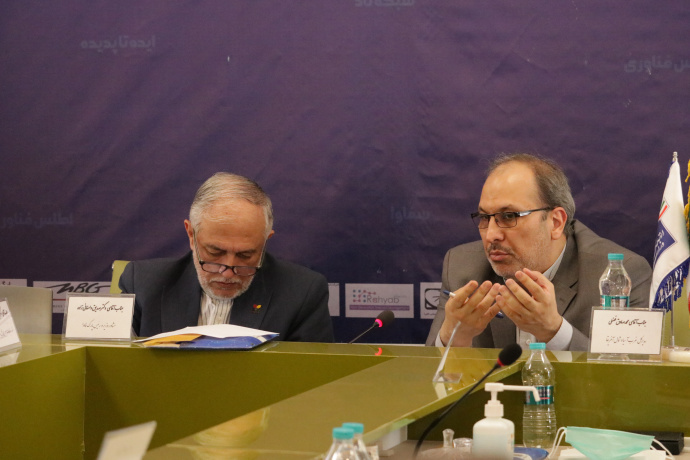
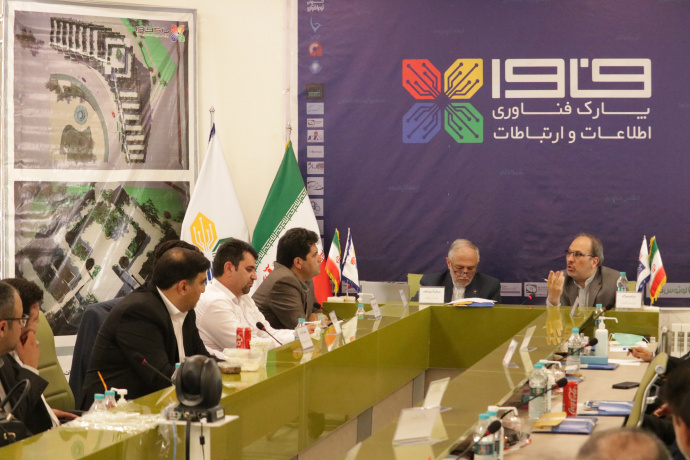
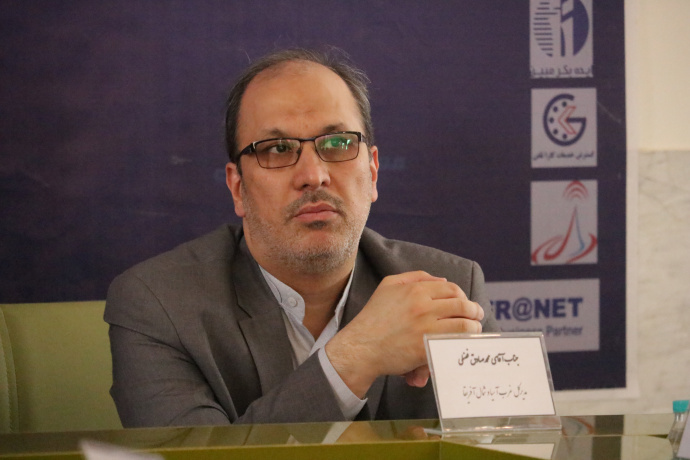
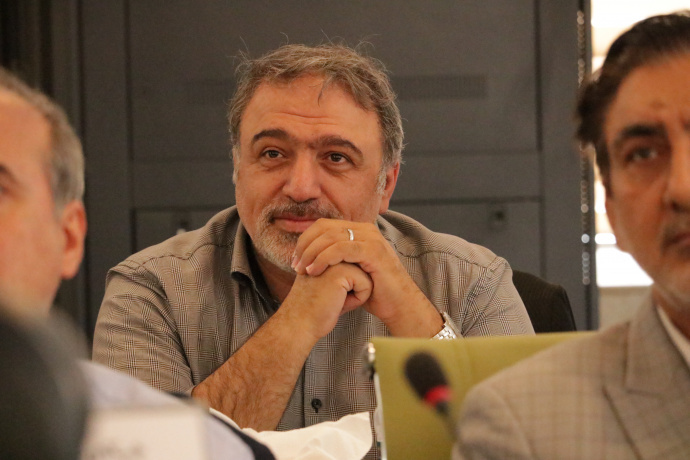
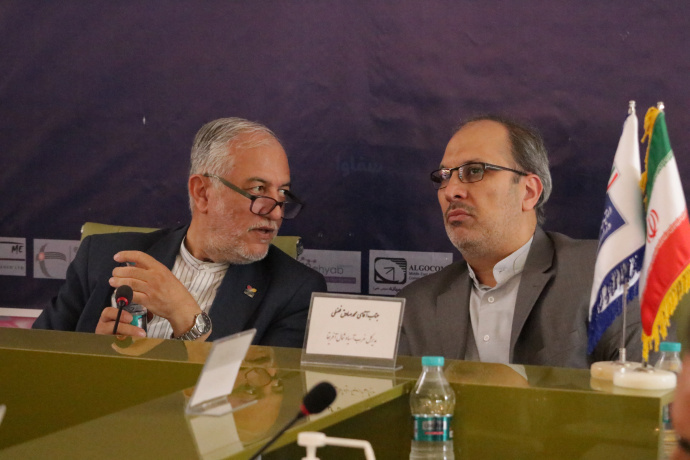
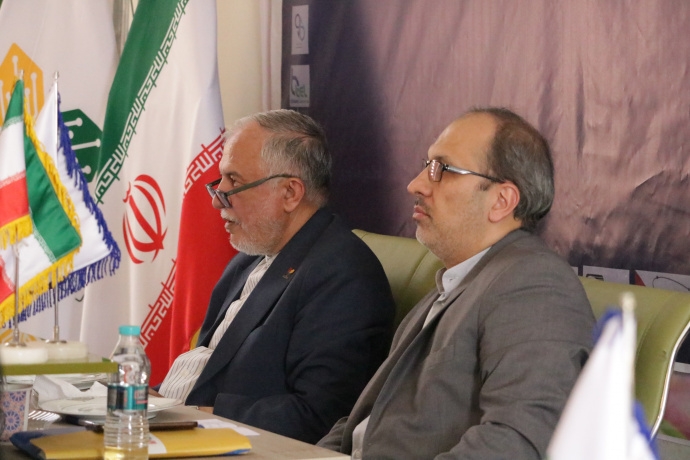
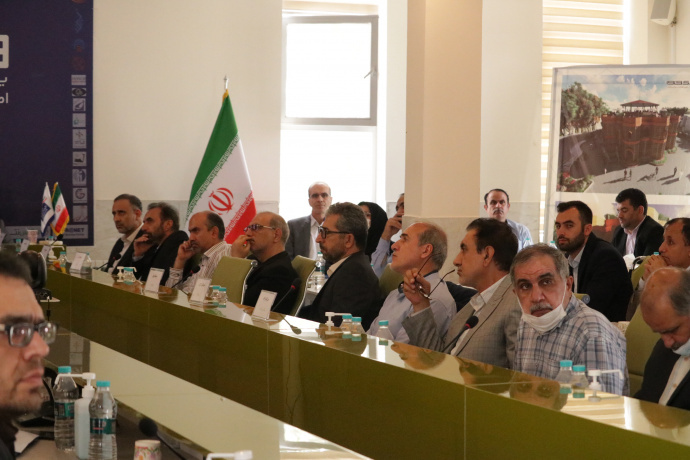
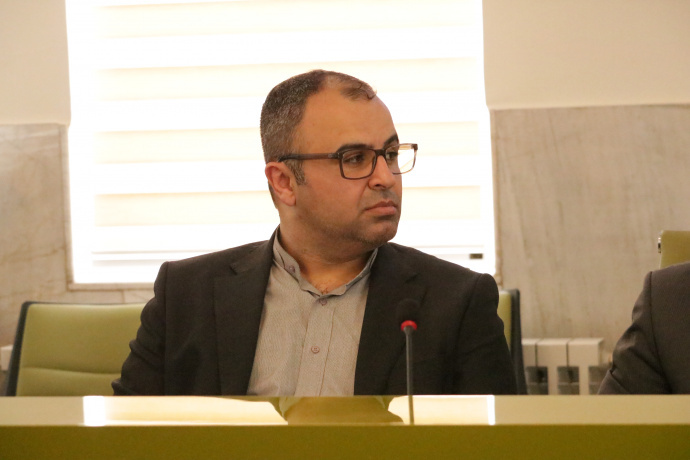
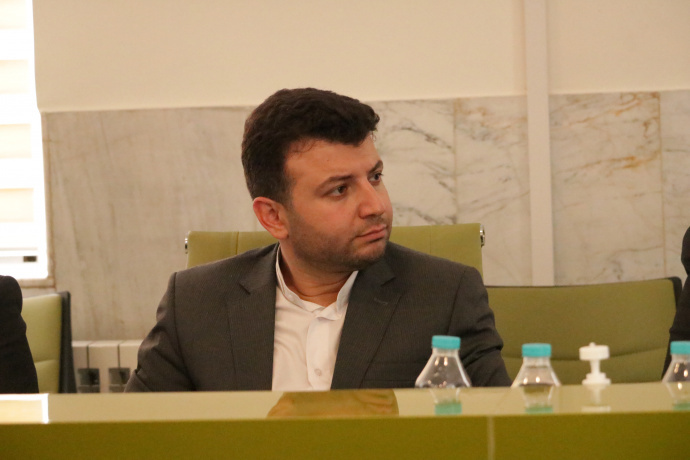
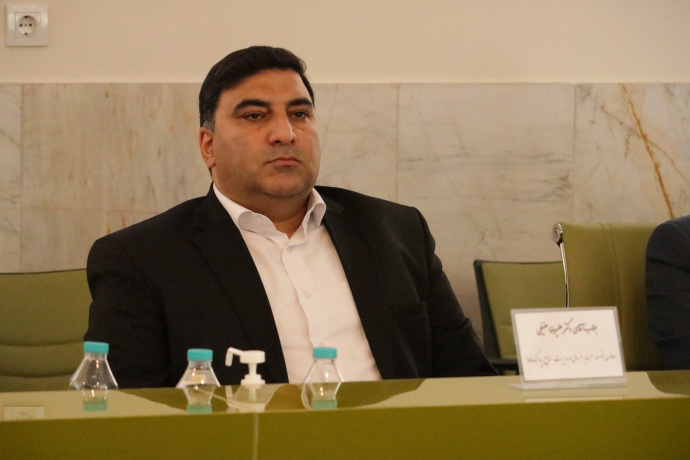
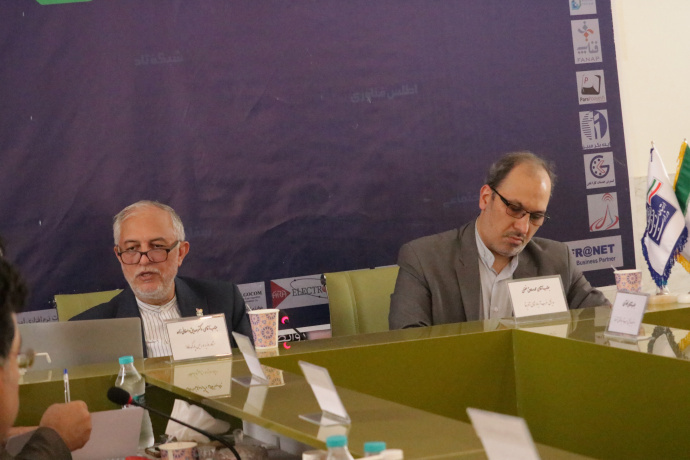
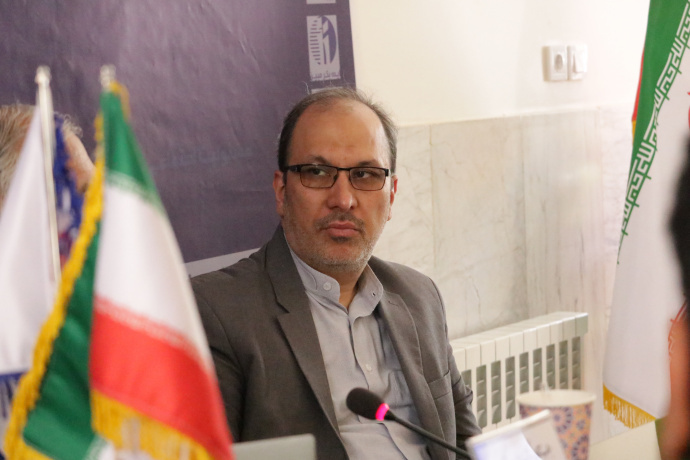
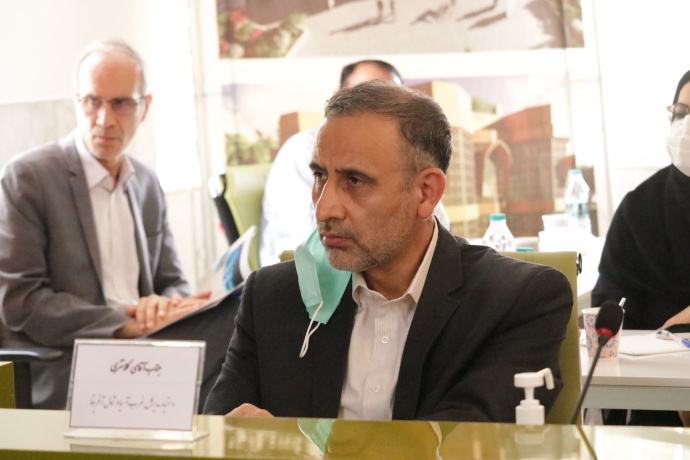
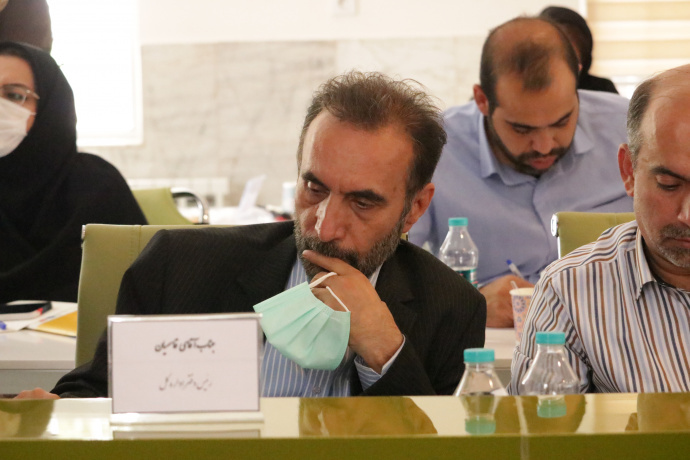
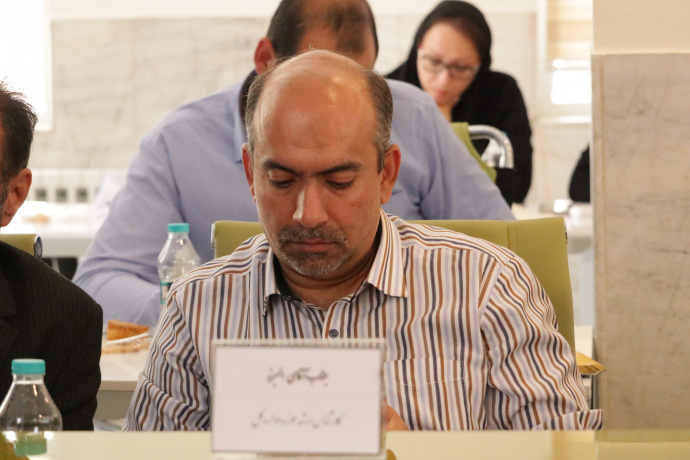
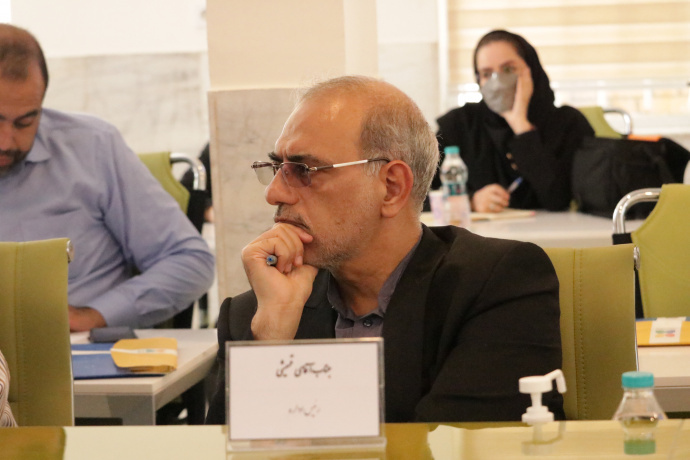
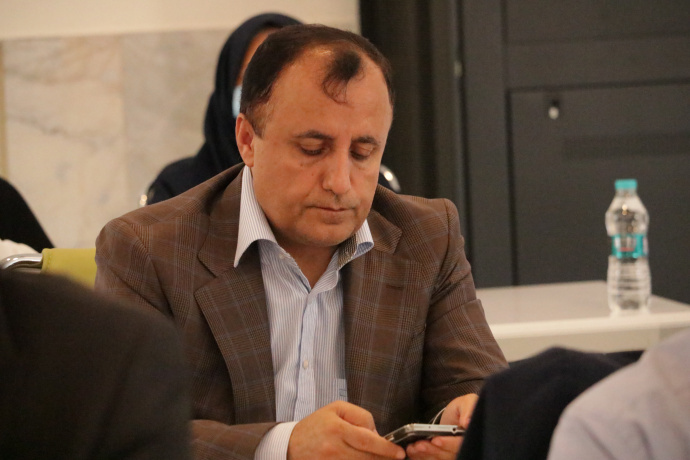
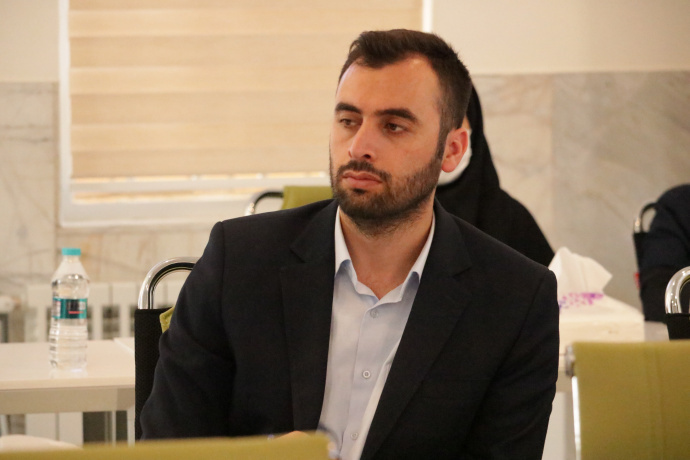
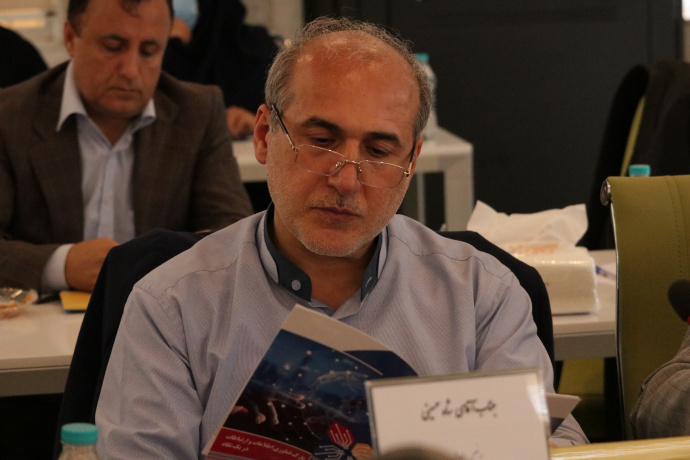
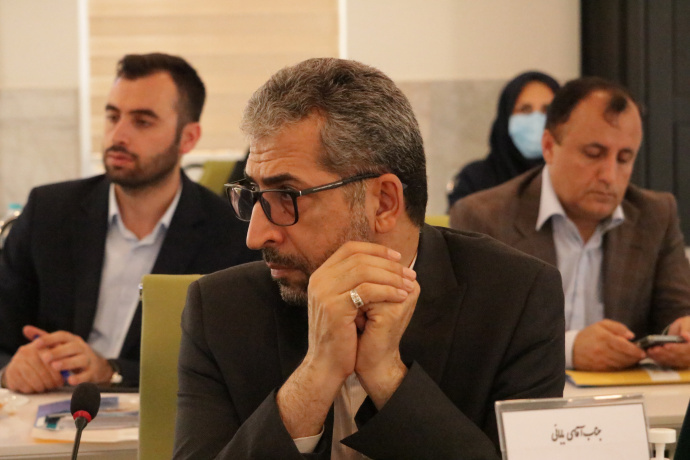
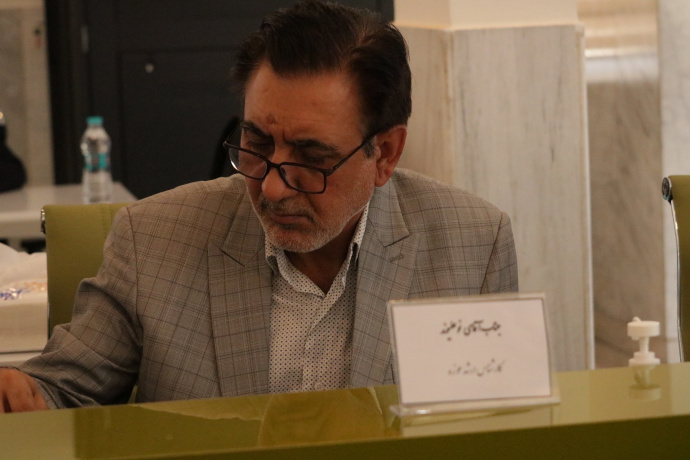
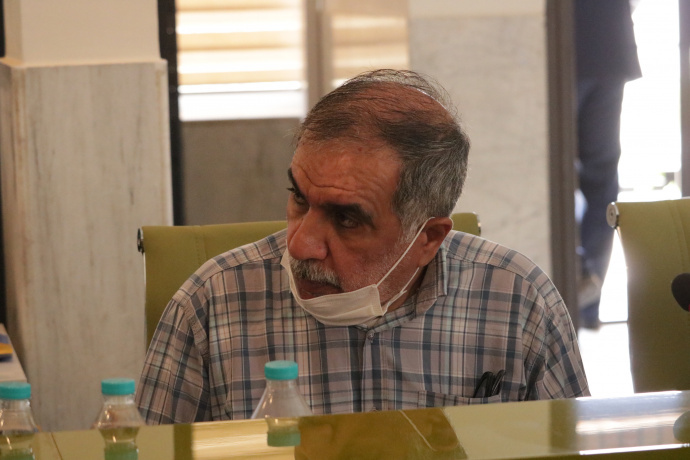
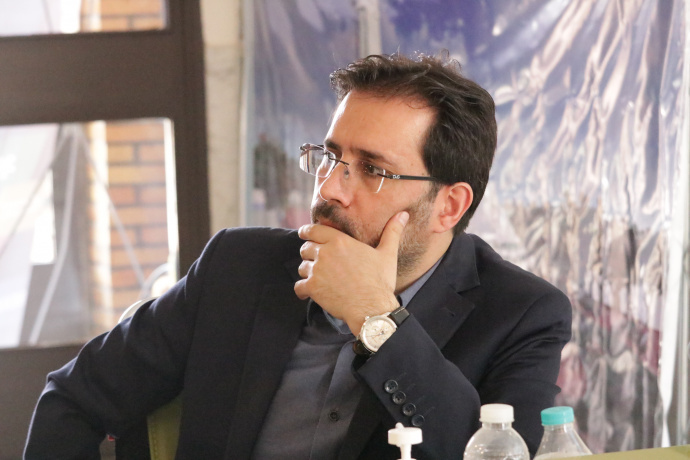
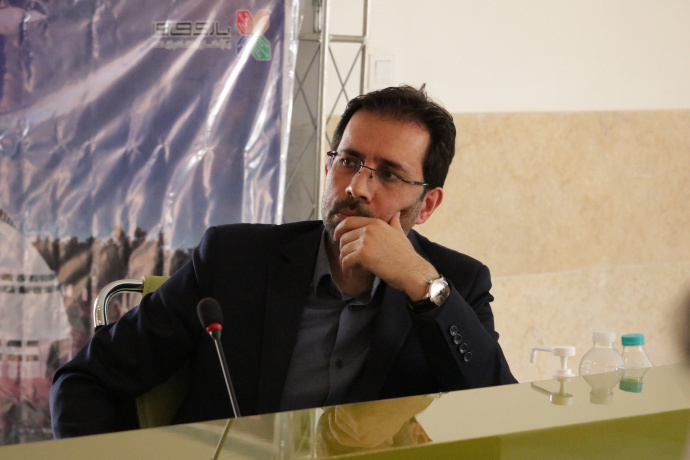
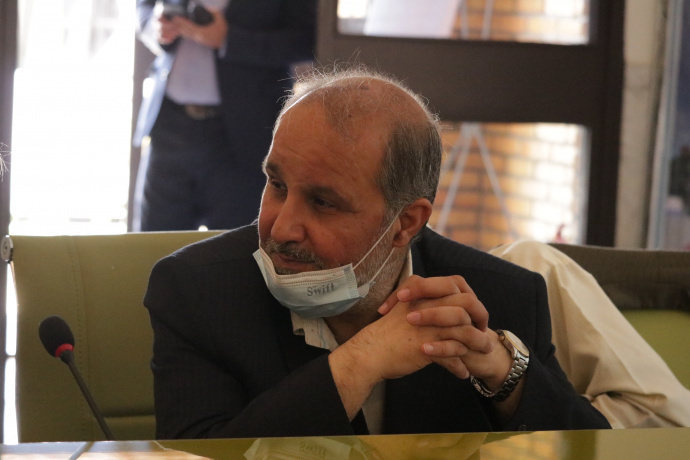
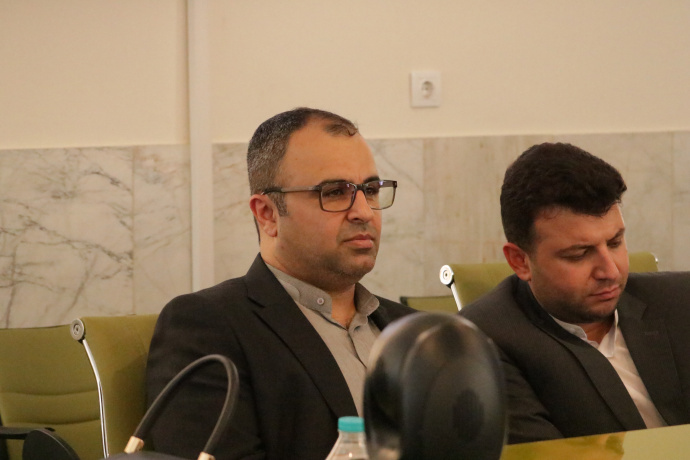
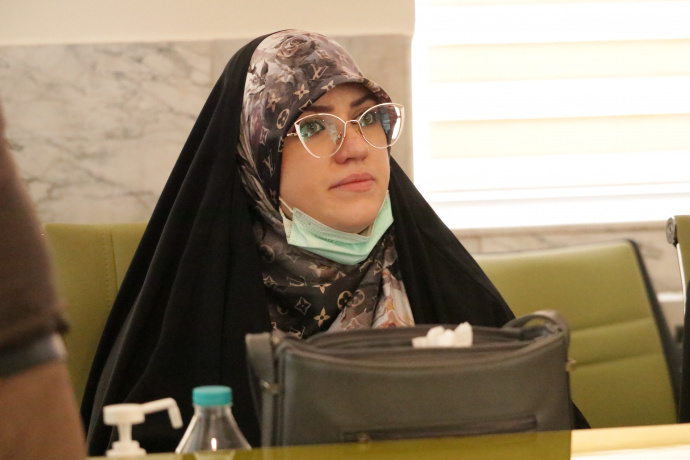
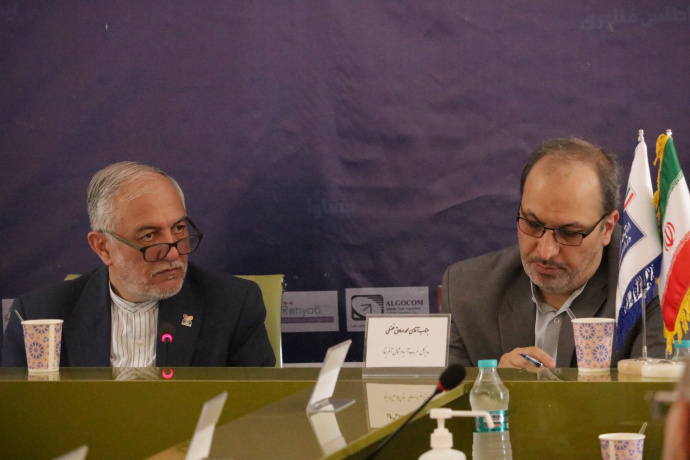
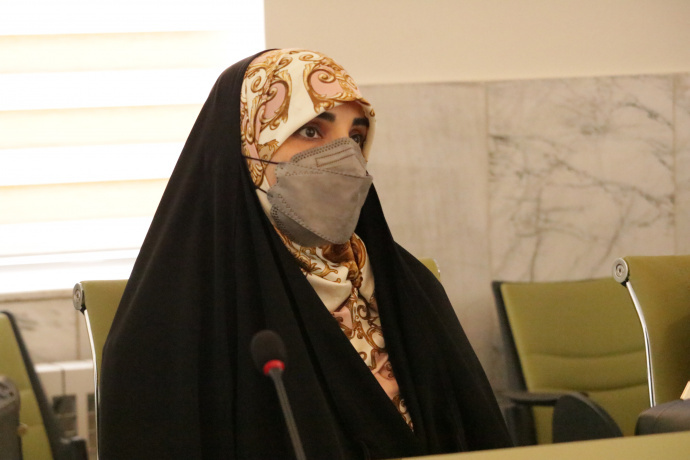
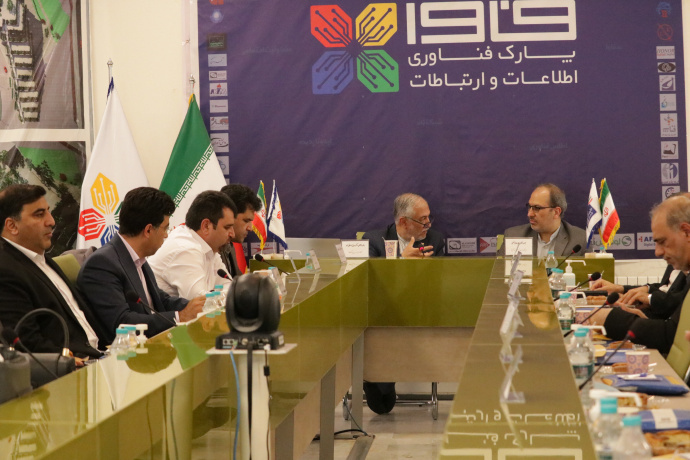
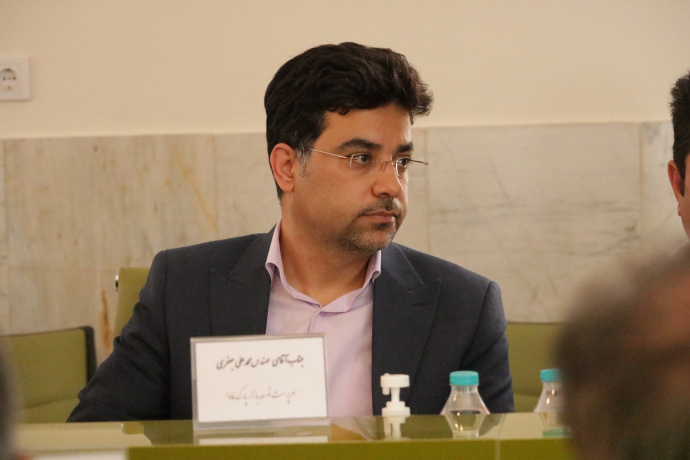
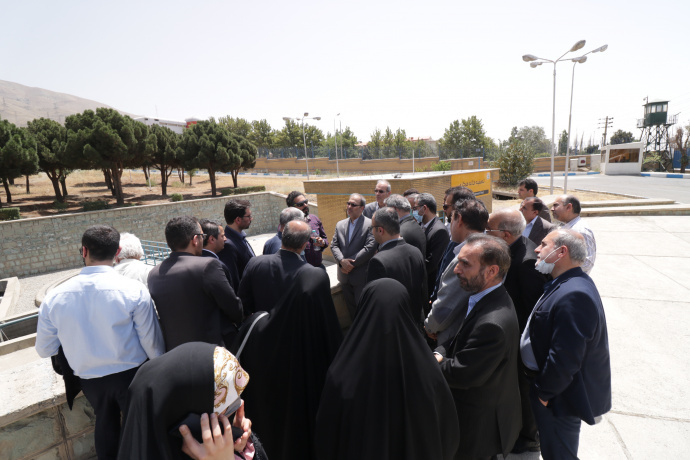
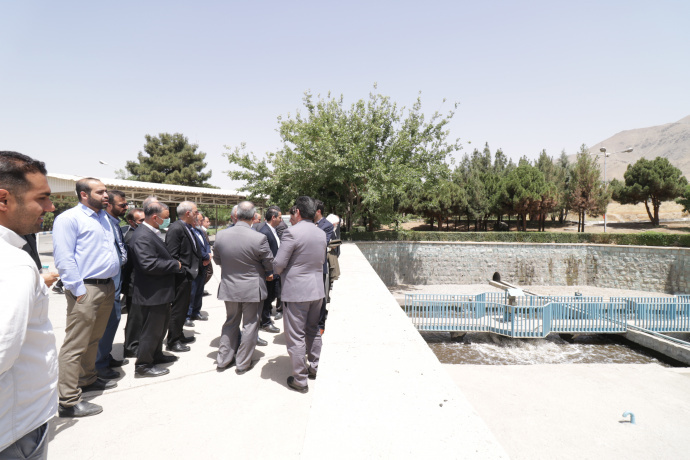
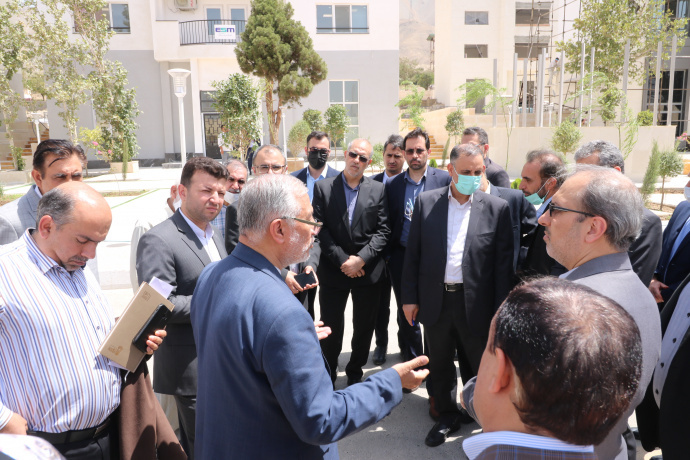
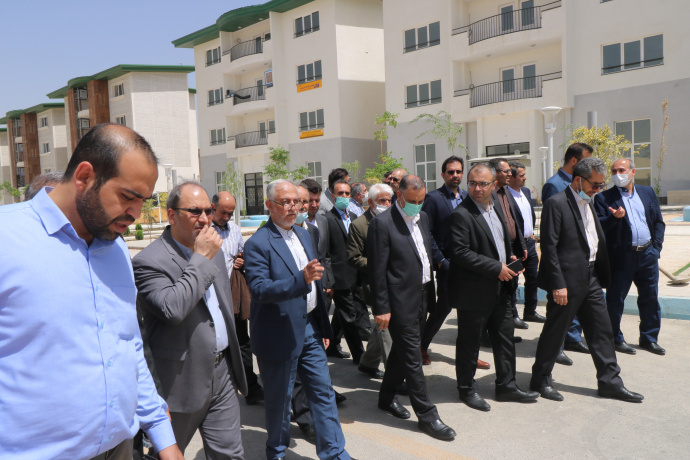
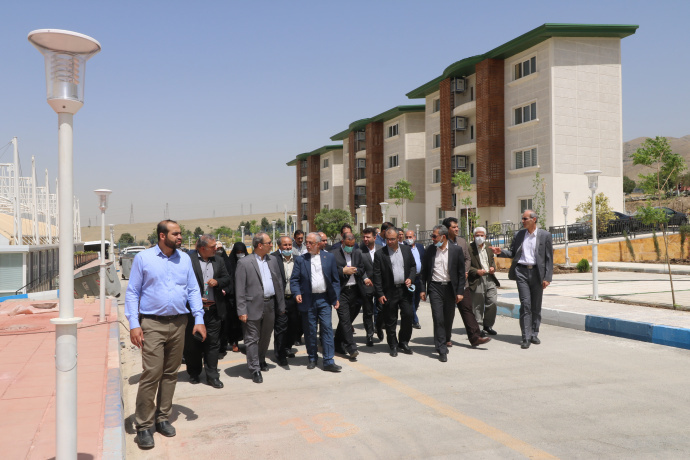
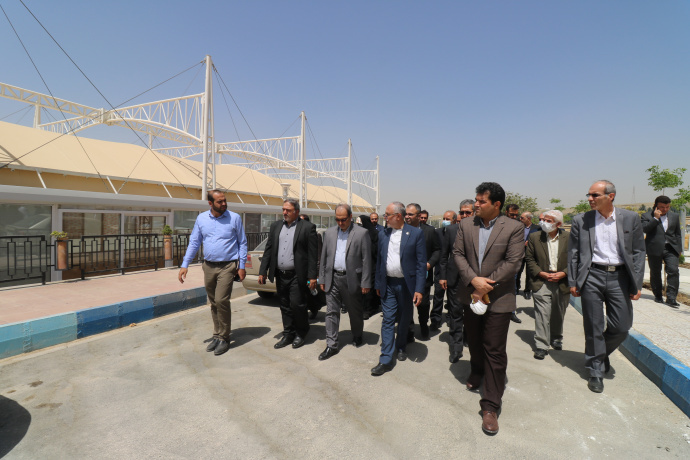
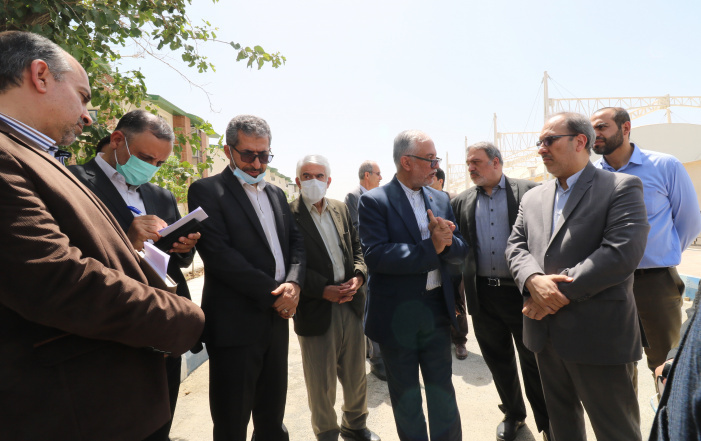
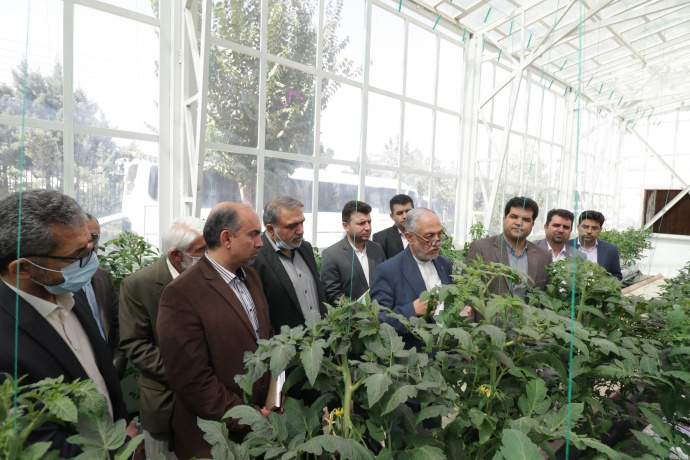
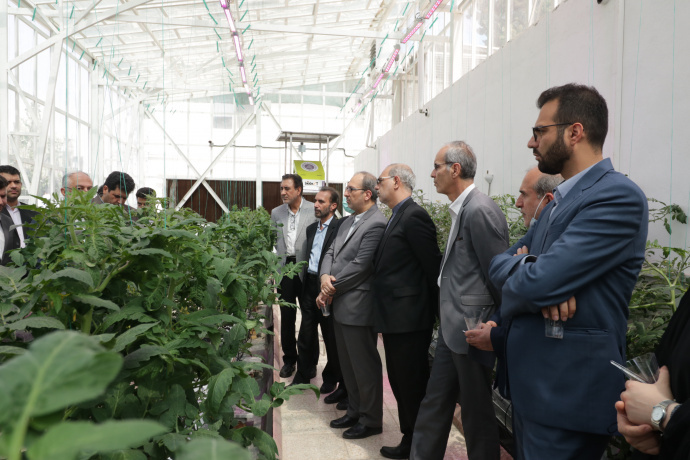
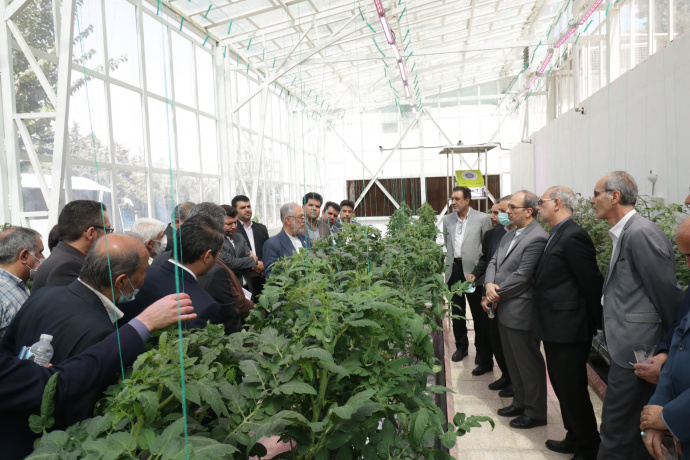
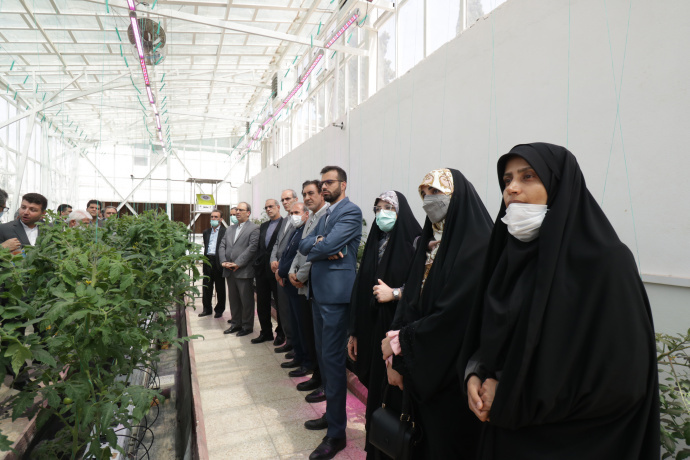
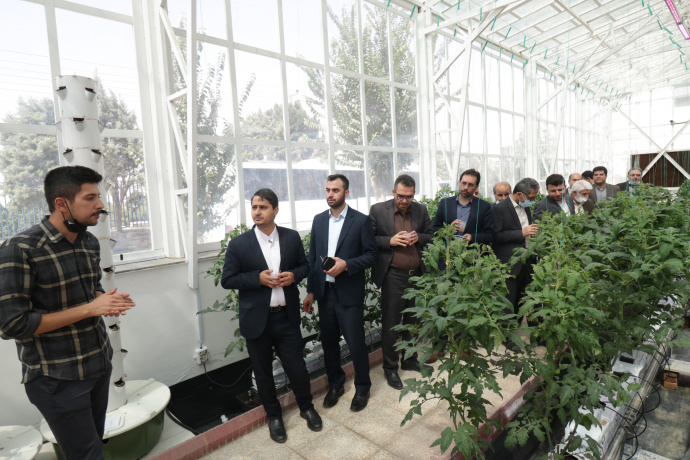
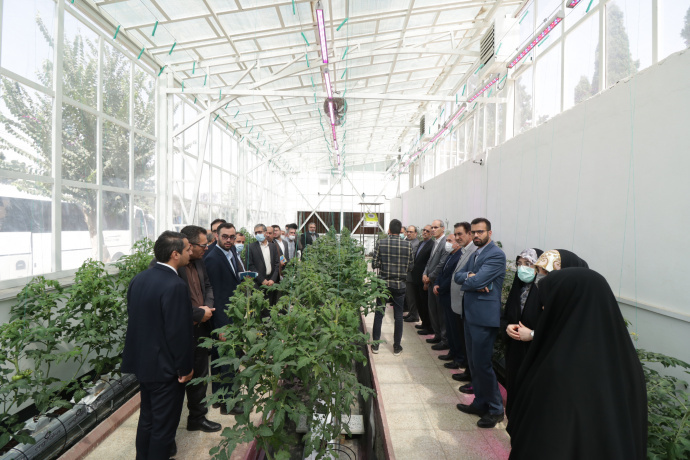
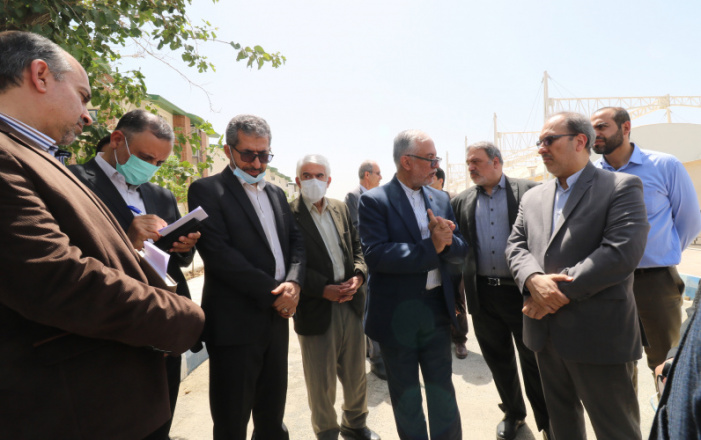
































































Your Comment :